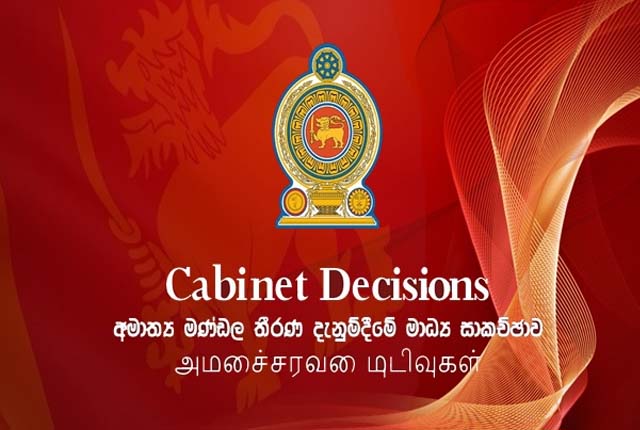In a decisive move hailed by policy think tank Advocata Institute, the Sri Lankan Cabinet has given overwhelming approval to the proposed Gambling Regulatory Bill—a significant milestone in the country’s long-awaited efforts to formalise and regulate its gaming industry.
The new legislation promises to establish a transparent, accountable, and efficient framework for the casino and broader gaming sectors, addressing years of regulatory neglect and positioning Sri Lanka as a credible destination for investment and tourism.
Advocata welcomed the Cabinet’s decision, calling it a vital step towards closing regulatory gaps, reducing revenue leakages, and improving investor confidence. The institute emphasized that a well-structured regime is not only crucial for economic integrity but also for unlocking the sector’s full potential in terms of foreign direct investment, tourism promotion, and foreign exchange earnings.
The think tank has long advocated for comprehensive reform in this area, most recently through its 2024 report, “A Comprehensive Policy Framework for the Gaming Industry of Sri Lanka.” In the report, Advocata highlighted how the absence of clear regulations had deterred reputable investors, compromised tax revenue, and hampered growth.
With other nations in the region—such as Thailand and the UAE—rapidly liberalising their own gaming industries, the urgency for reform in Sri Lanka is greater than ever.
Advocata stressed that while the Cabinet’s green light demonstrates governmental commitment, the success of the reform hinges on the swift operationalisation of the proposed Gambling Regulatory Authority.
It called for this process to be accompanied by a transparent public consultation mechanism that includes input from academics, industry experts, civil society, and the general public. According to the Institute, meaningful stakeholder engagement is essential to building a credible, socially responsible, and forward-thinking regulatory system.
To ensure global best practices are followed, Advocata recommends that the final Bill incorporate several key principles. These include stringent licensing protocols to ensure ethical operations, modernised tax collection systems to prevent revenue loss, and robust consumer protection measures to curb compulsive gambling and associated social harms.
Additionally, Advocata argues for an independent regulatory authority free from political and industry interference, backed by ongoing public participation to boost transparency and accountability.
The Institute reiterated its commitment to collaborating with policymakers, industry leaders, and community representatives to ensure that Sri Lanka’s gaming legislation reflects not only economic goals but also the broader public interest. Advocata is calling on the media and all stakeholders to join the national conversation as the country stands on the cusp of a transformative shift in its gaming policy landscape.
